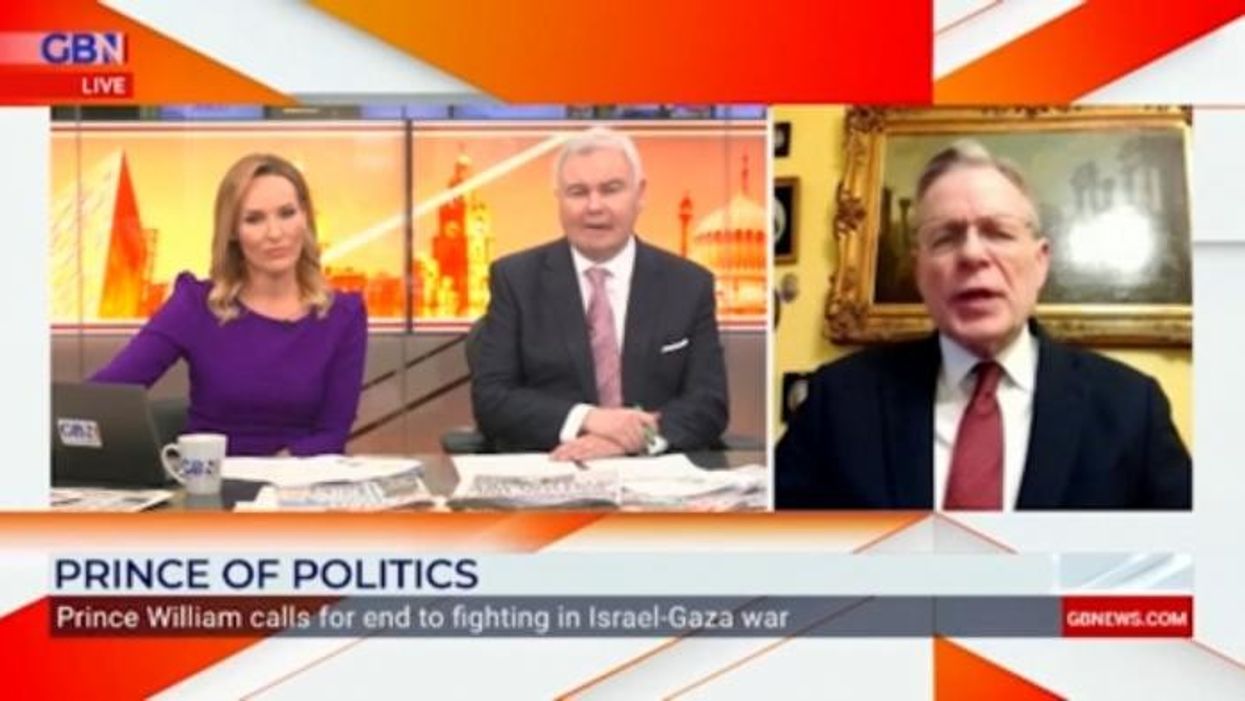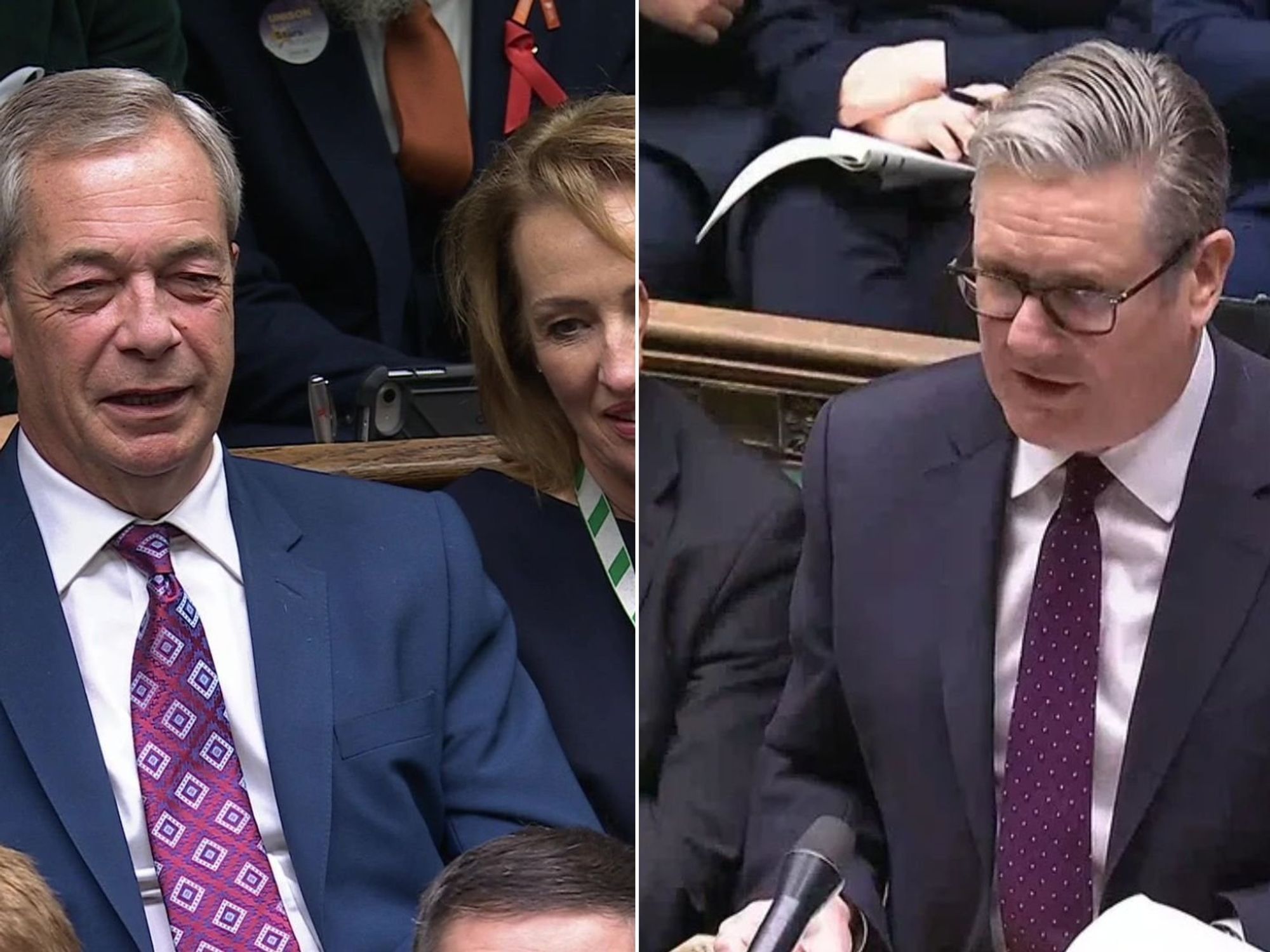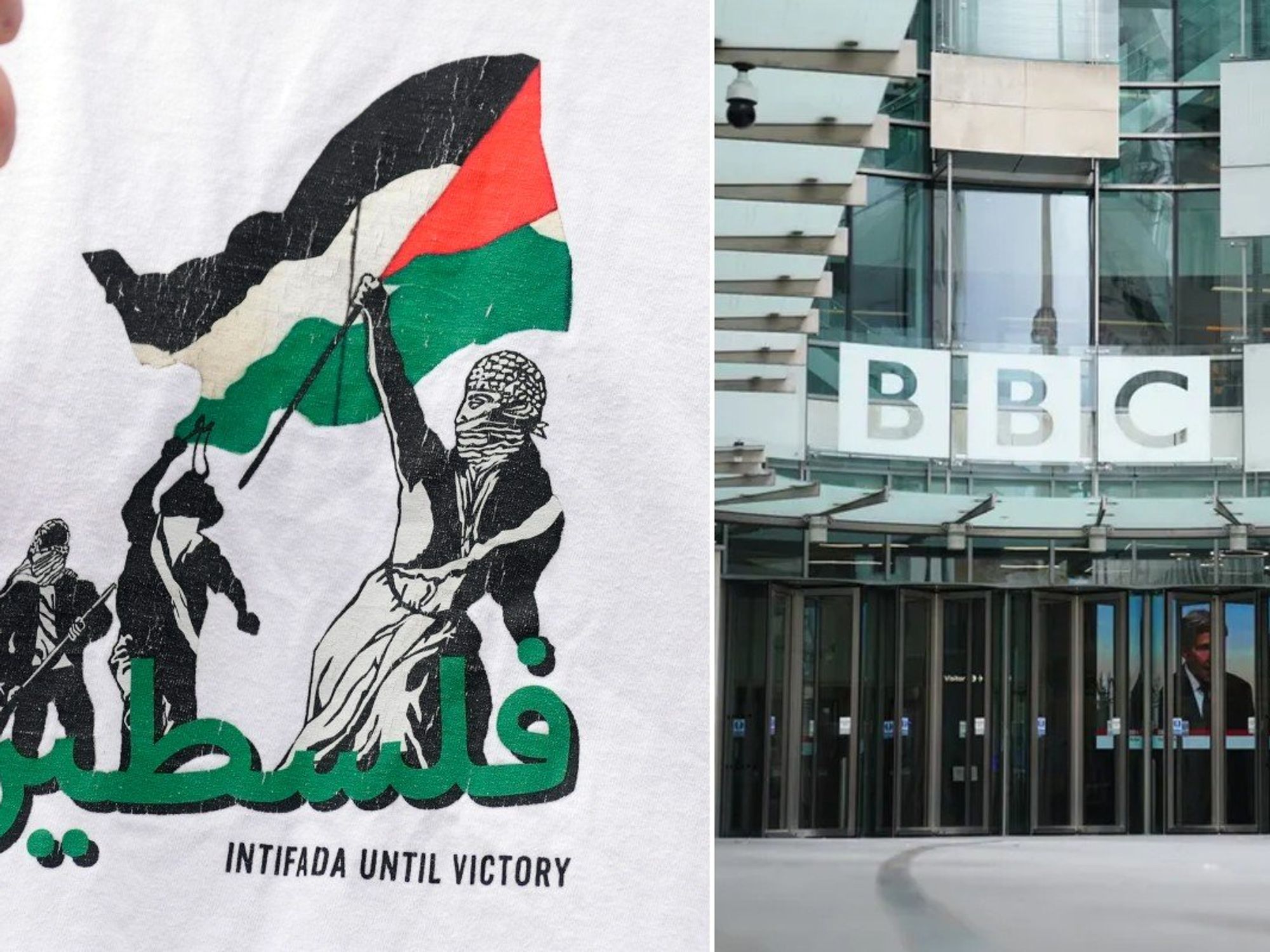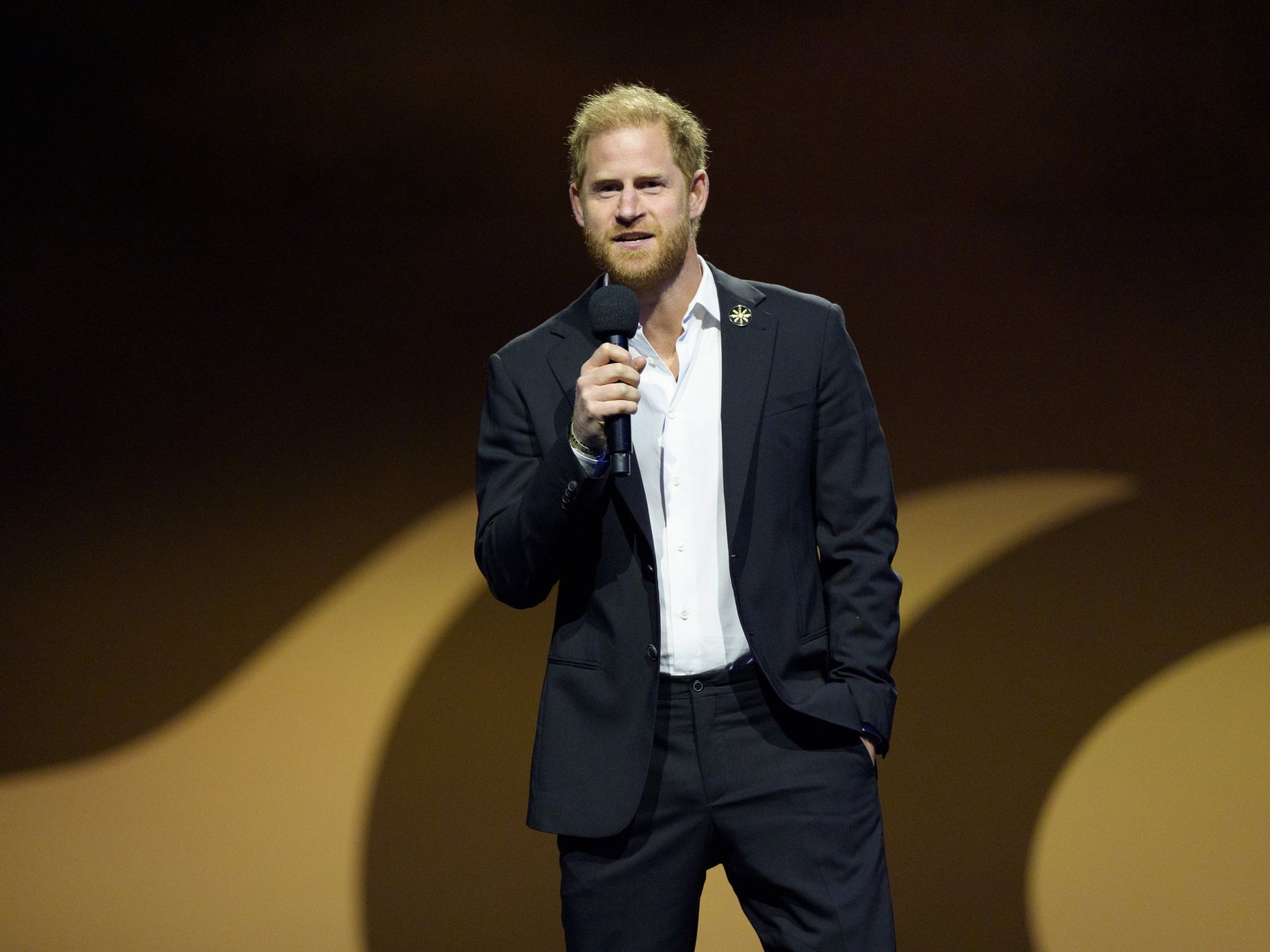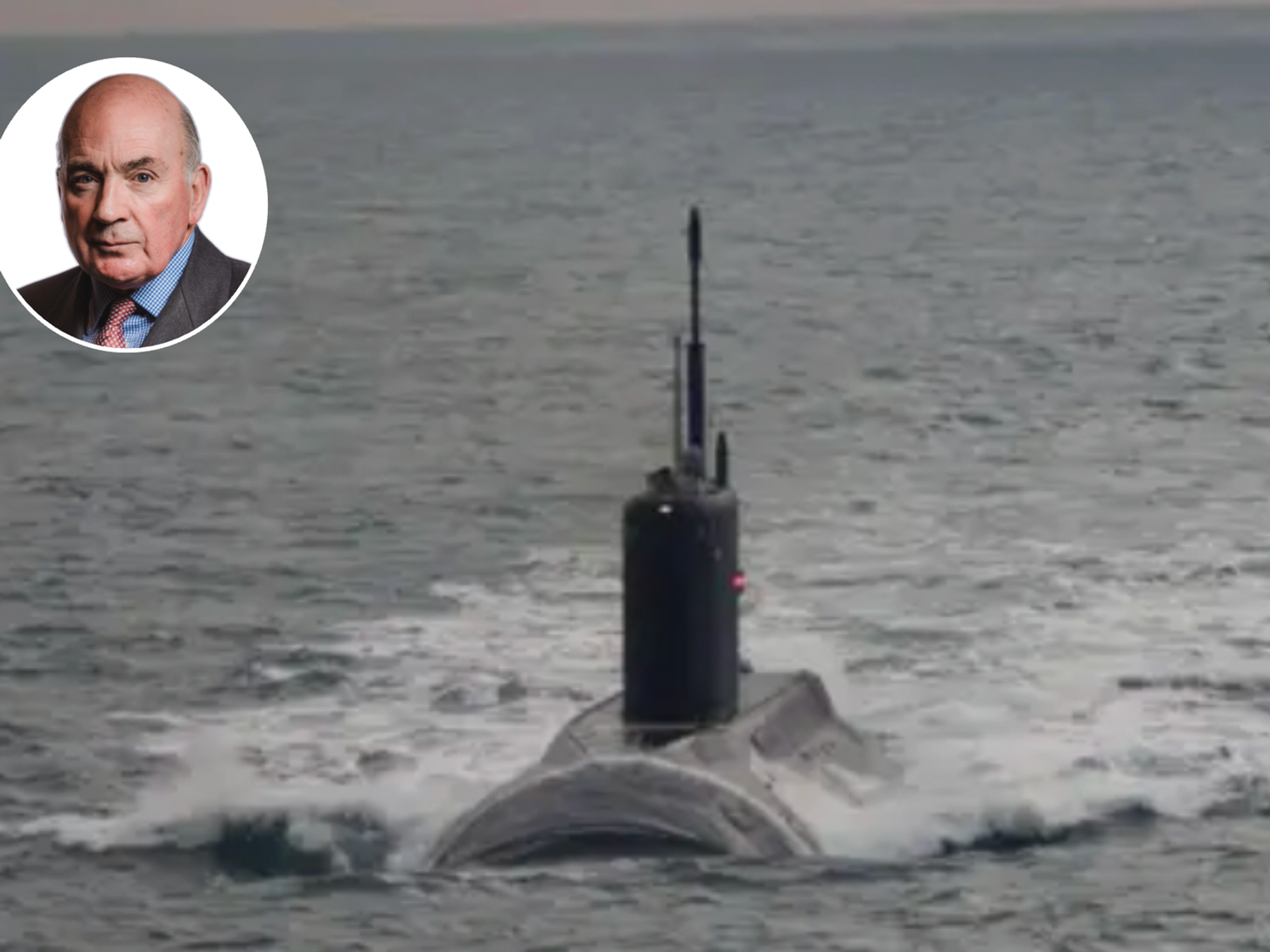Prince William chooses to follow King Charles's footsteps over Queen Elizabeth II's example - analysis by Cameron Walker

The Prince of Wales's rare intervention attempted to be as neutral as possible
Don't Miss
Most Read
In January 1997, Diana, Princess of Wales insisted she was "not a political figure".
Her work supporting the British Red Cross, clearing landmines in war-torn Angola, had raised eyebrows in political circles.
The late mother of the future King, Prince William, told reporters that accusations of political medalling were "merely a distraction".
She continued: "I am not a political figure. I am a humanitarian figure. Always have been, and always will be."
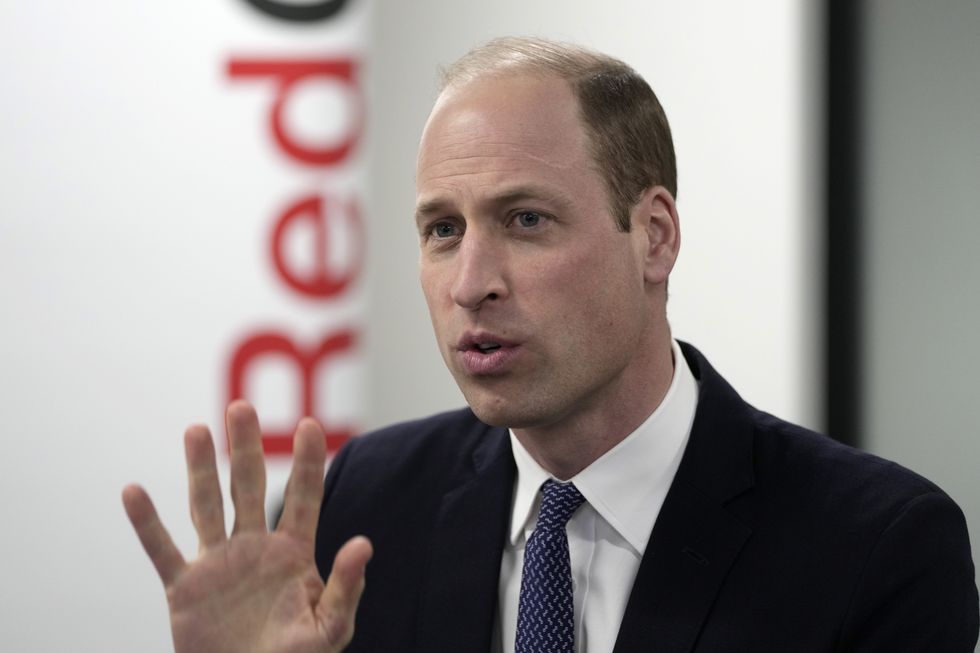
Prince William called for the fighting in the Israel/Hamas conflict to end "as soon as possible".
|PA
Her legacy lives on through her son, who yesterday visited the same charity's headquarters in London to highlight the humanitarian crisis in war-torn Gaza.
He too has been accused of wading into a politically contentious issue.
In a strongly worded statement, released after he spoke to British Red Cross teams responding to the situation in the Middle East, Prince William called for the fighting in the Israel/Hamas conflict to end "as soon as possible".
The estimated death toll in Gaza is approaching 30,000 Palestinians.
The future King said it was "critical that aid gets in and the [Israeli] hostages are released".
The Prince's rare intervention attempted to be as neutral as possible, and echoed the words of his spokesperson following the October 7 massacre, calling out the "Hamas terrorist attack".
He did not repeat, however, support for Israel exercising "its right to self-defence", which was written by his spokesperson a few days after the attack which left an estimated 1,200 Israelis dead.
Chief Rabbi Sir Ephraim Marvis welcomed Prince William's "words of compassion" yesterday, and it is understood he plans to visit a synagogue to highlight the global rise in antisemitism later this month.
The timing of the future King's statement has been subject to much debate in the last 24 hours.
There are increased fears for the safety of innocent civilians trapped in the city of Rafah in southern Gaza as Israeli forces plan a ground invasion.
MP's in Westminster prepare to debate calls for an immediate ceasefire, and the United Nations Security Council resolution, demanding a ceasefire, was vetoed by the United States - the United Kingdom abstained.
Royal aids insist Prince William's visit to the Red Cross HQ, and presumably his strong statement, were originally scheduled for earlier in the year.
The Prince's diary was rescheduled after the Princess of Wales underwent major abdominal surgery in hospital last month, and William took time out from public duties to support his wife and children.
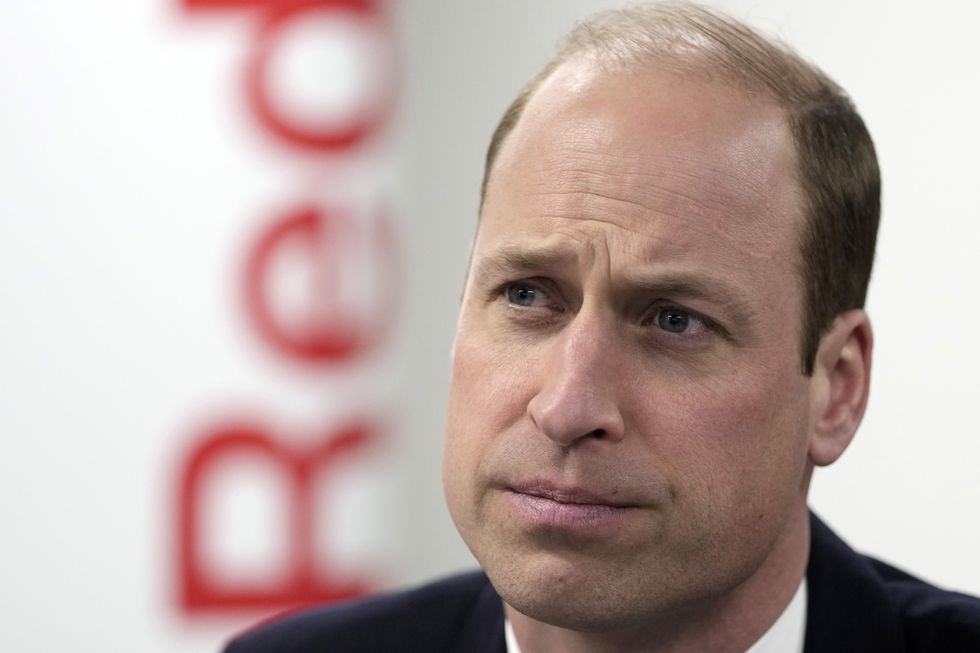
Royal aids insist Prince William's visit to the Red Cross HQ, and presumably his strong statement, were originally scheduled for earlier in the year.
|PA
As future King, Prince William is duty-bound to stay neutral, but in a constitutional monarchy, he is sometimes required to reflect UK Government policy.
Downing Street welcomed the Prince's intervention, with a spokesperson for Prime Minister Rishi Sunak saying: "It is important we speak with one voice as a nation."
It is understood the Foreign Office was fully briefed on the Prince's statement and planned humanitarian engagements, but royal sources refuse to confirm if His Majesty The King gave his blessing.
Not all politicians are happy with Prince William's intervention, with Tory peer Stewart Jackson describing the move as "ill-timed and ill-judged".
Conservative MP Andrew Percy, vice chairman of the all-party parliamentary group on antisemitism, said: "The underlying principle of our constitutional monarchy is that members of the Royal Family do not engage in contentious political issues of the day on which there are divergent and strongly held beliefs in this country".
Prince William's grandmother, Queen Elizabeth II, rarely waded into political issues.
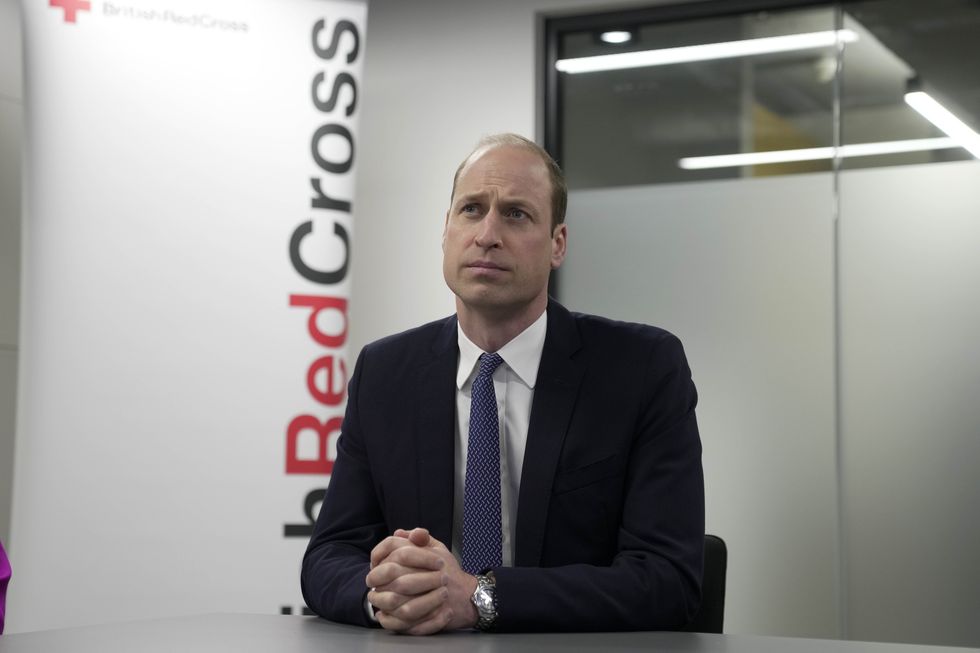
Prince William's grandmother, Queen Elizabeth II, rarely waded into political issues.
|PA
Perhaps her most controversial move was warning voters to "think very carefully about the future" ahead of the 2014 Scottish Independence referendum.
As monarch, the late Queen was arguably less free to speak her mind, and ascending the throne aged just 25 cut off her freedoms as heir apparent.
As Prince of Wales, King Charles was regularly accused of straying close to the political line.
In 2021, during the COP26 climate conference in Glasgow, he declared the world needed to put itself on "a war-like footing" to combat global warming.
He also attracted criticism when private letters he'd written to government ministers, known as the 'black spider memos', were put into the public domain.
Today, Prince William has more freedom to speak his mind, as heir apparent, than his father, who is now King.
He became the first senior royal to visit both Israel and the West Bank in 2018 and has followed the region closely since then.
It is understood the extent of human suffering that is on display prompted him to make the statement he did and told aid workers yesterday that he was "deeply moved as a father".
Whether you think the prince has strayed too close to the political line or not, it appears William's motives are solely humanitarian.
Just like both his mother and father, he appears unafraid to expose himself to criticism in the name of "permanent peace".
In his own words: "Even in the darkest hour, we must not succumb to the counsel of despair. I continue to cling to the hope that a brighter future can be found and I refuse to give up on that."


